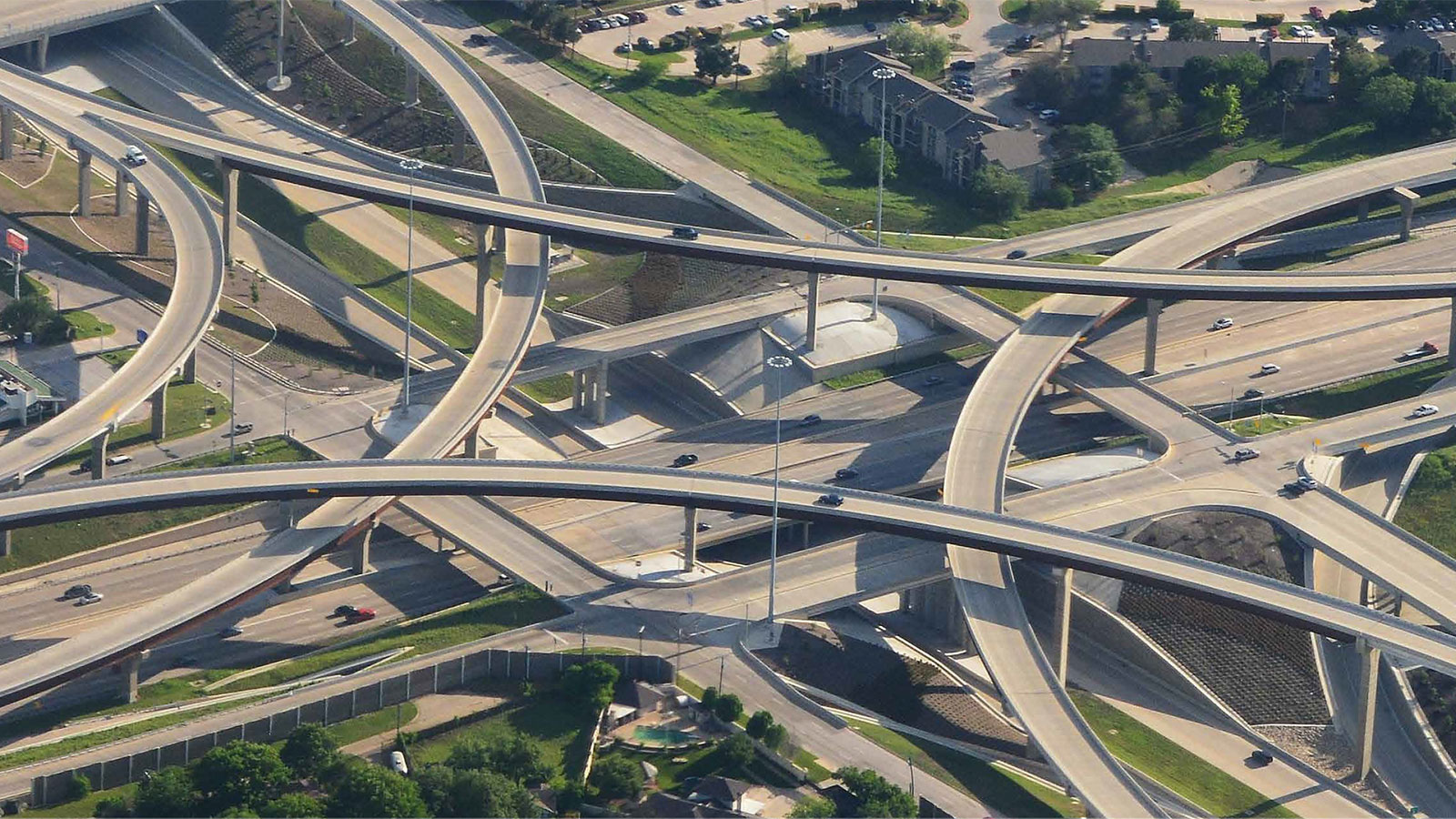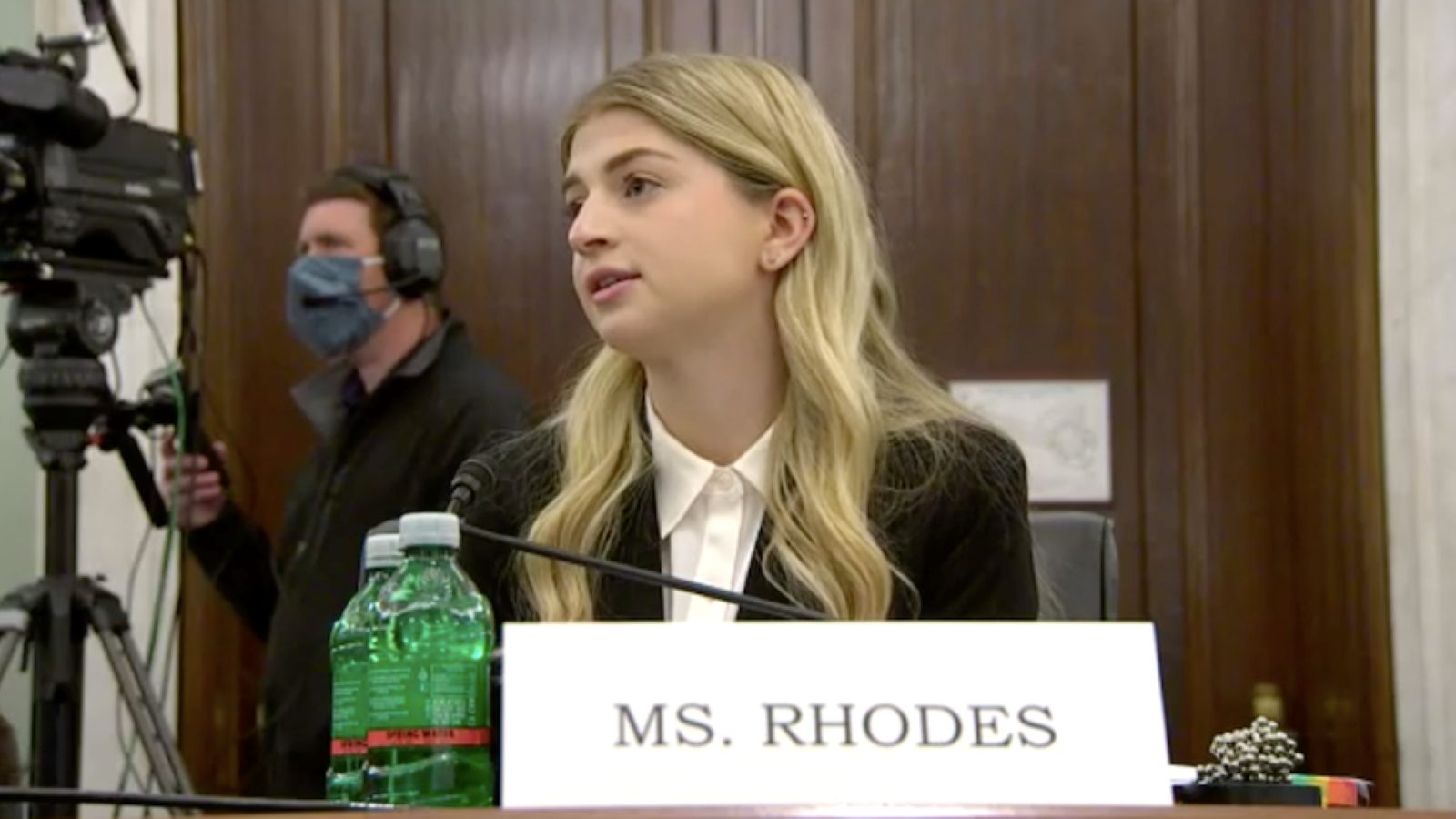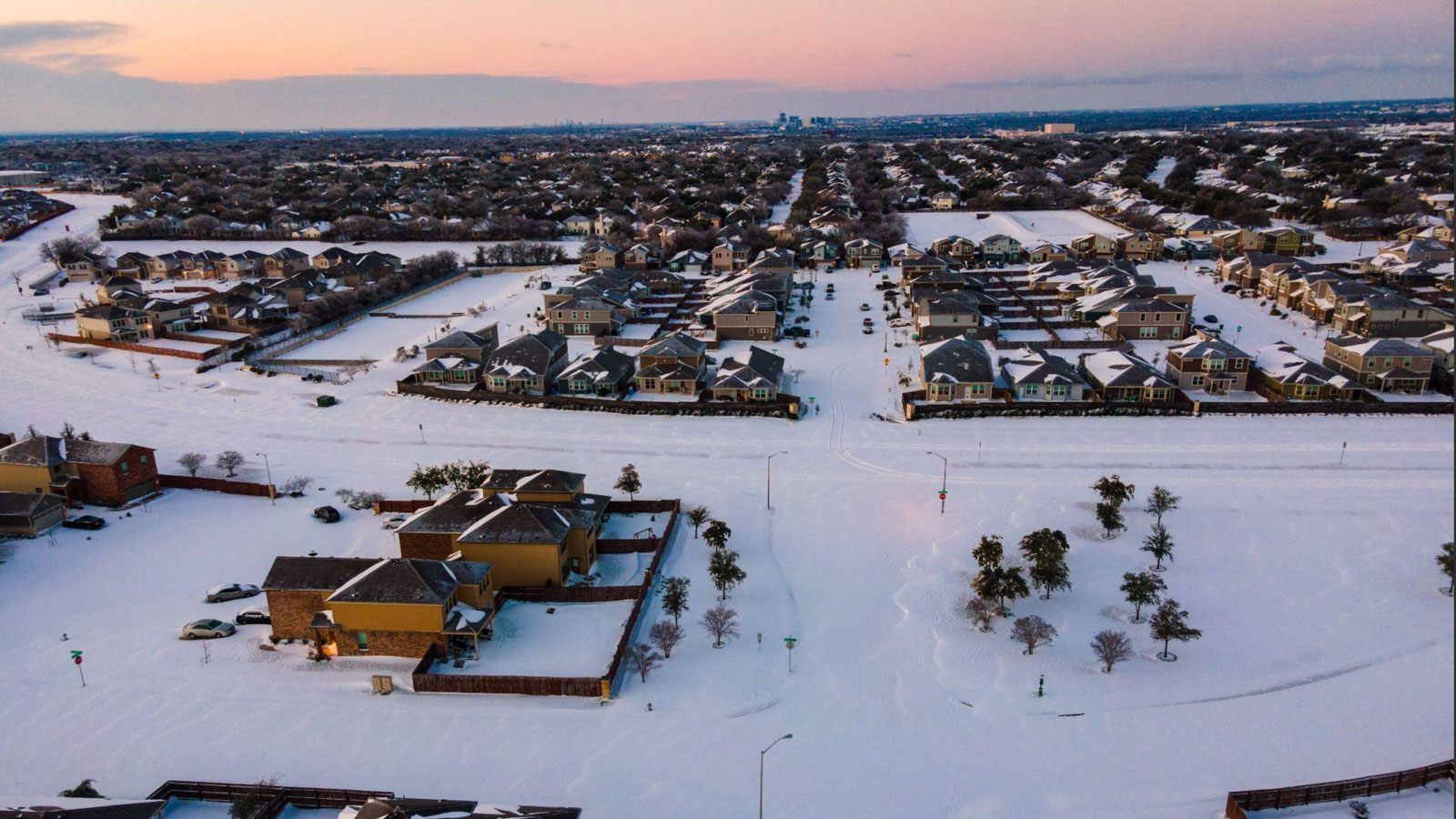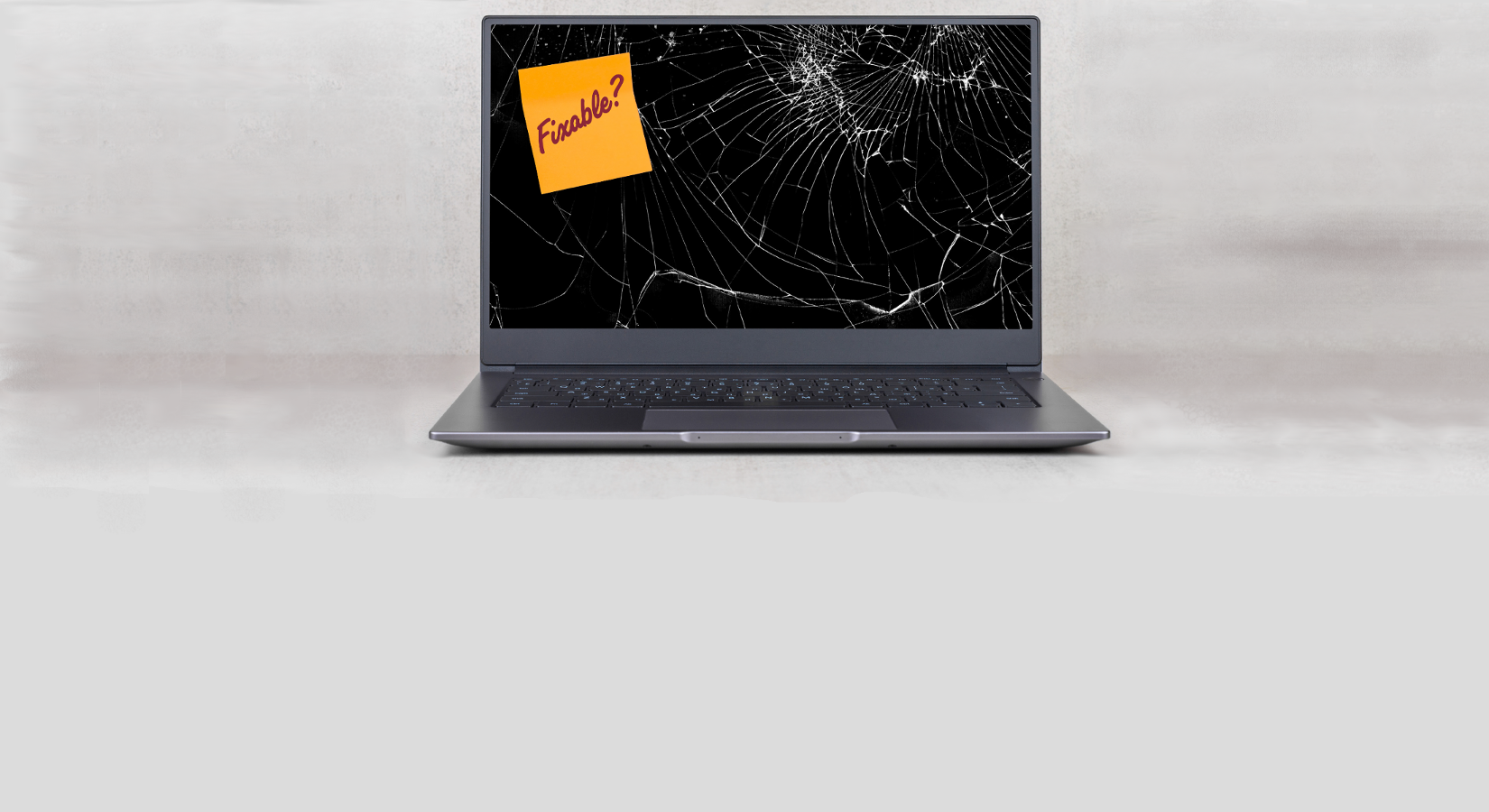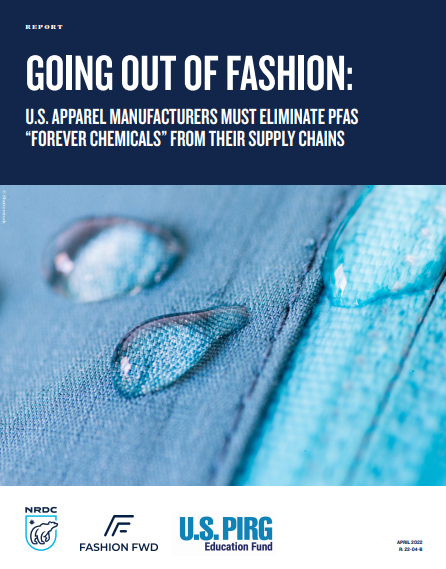
Going Out of Fashion
PFAS use in apparel and other consumer products is coming under increased scrutiny from lawmakers. However, apparel manufacturers and retail stores don’t need to wait for the law to catch up to the proliferation of toxic PFAS. They can get out in front of the regulatory curve and protect their customers and the planet from PFAS pollution by immediately adopting policies to end the use of PFAS in clothing, footwear, and accessories. Indeed, some already have. U.S. PIRG Education Fund, NRDC and Fashion FWD surveyed the PFAS-related policies and commitments of 30 top U.S.-based apparel brands and retailers, including companies in the footwear, indoor apparel, and outdoor apparel sectors and several of the nation’s leading apparel retailers. We graded them on the basis of their time lines for PFAS phaseout, the range of products covered by their PFAS policy, and public availability of company PFAS commitments, as well as their PFAS labeling and testing protocols.


